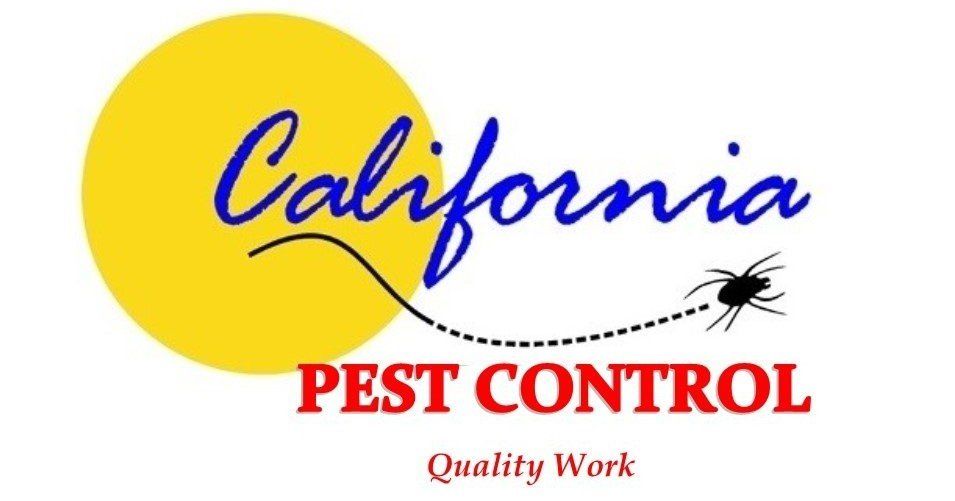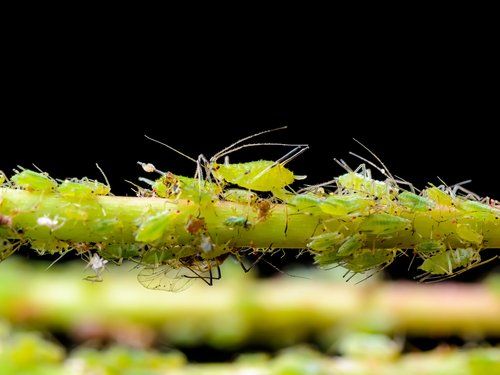APHID CONTROL & TREATMENT
Aphids are tiny, pear-shaped, soft-bodied insects that can thrive in almost any area. Because they feed on a wide variety of plants and because they breed quickly, sometimes spawning multiple generations in a single season, they can cause quite a bit of damage to your plants, gardens and other foliage near your home. More troubling is that the the sappy, sticky stuff they secrete, called honeydew, often draws other more damaging insects, like ants.
WORSE THAN YOU THINK!
Aphids can cause considerable damage to the plants and vegetation in your garden and planted farm crops.Though they sometimes feed in small groups, aphids generally feed in large numbers and when they do, the vegetation they feed on is often left rotting and decomposing when they're done. They attack flowers, fruits, roots, stems, buds and more and can transmit certain viruses to the plants they feed on. While many aphids feed on all types of plants, some are specific to certain types like bean aphids, cabbage aphids, potato aphids, green peach aphids, melon aphids, and woolly apple aphids. Complicating matters even more, aphids are generally unable to be seen by the human eye, so detecting them can be very difficult. Telltale signs to look for include misshapen, curling or yellow leaves and a sticky residue on the plants they are eating.
CALPEST
TECH TIPS
Plant A Plant
Aphids are attracted to mustard and nasturtium. Consider planting these near other plants you want to protect as a decoy for the aphids.
By the way, if you notice a sticky residue on your car, lawn furniture or other outdoor items, chances are, you've got aphids.


